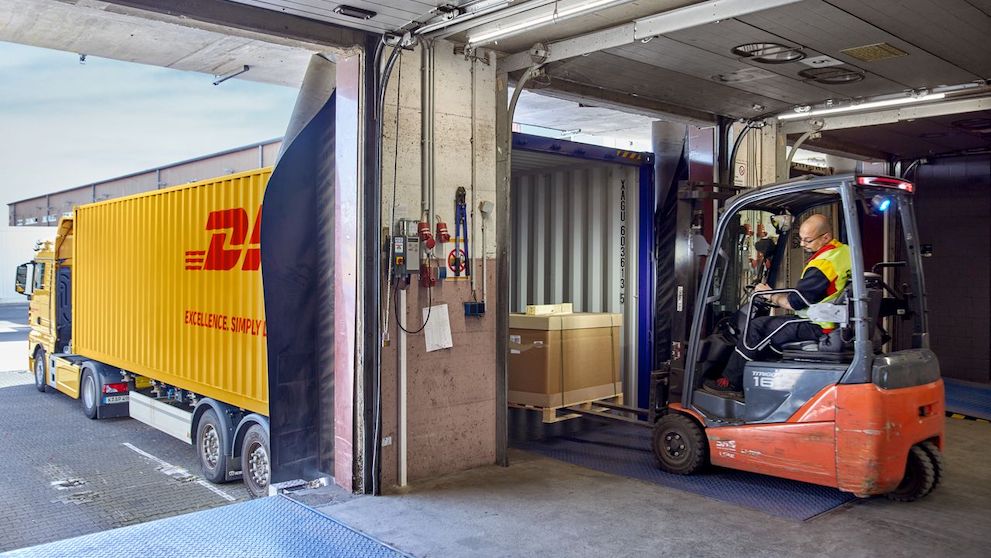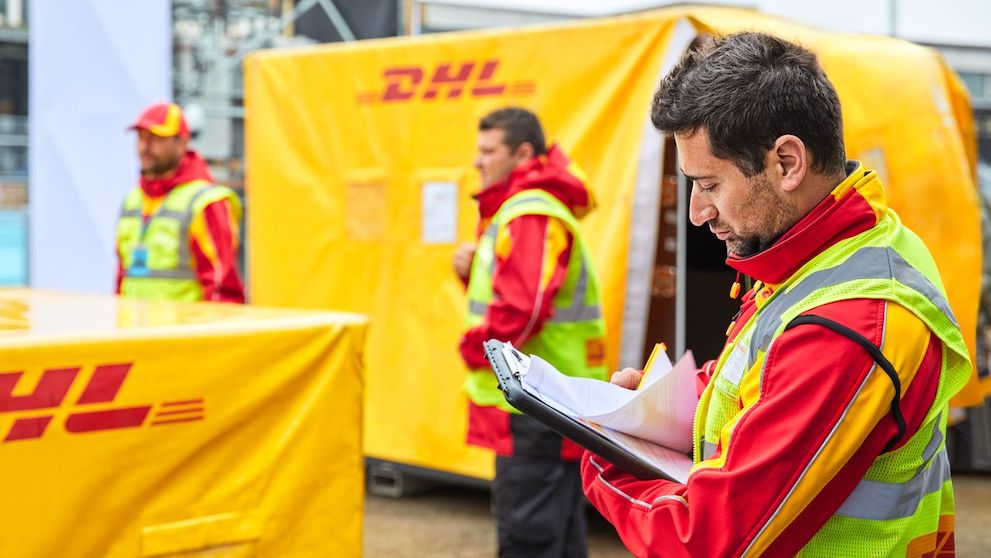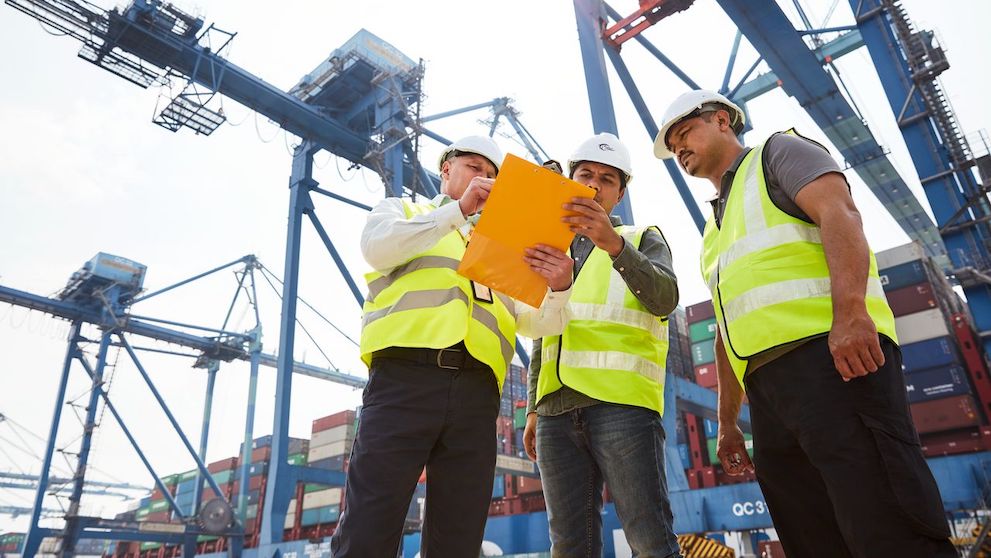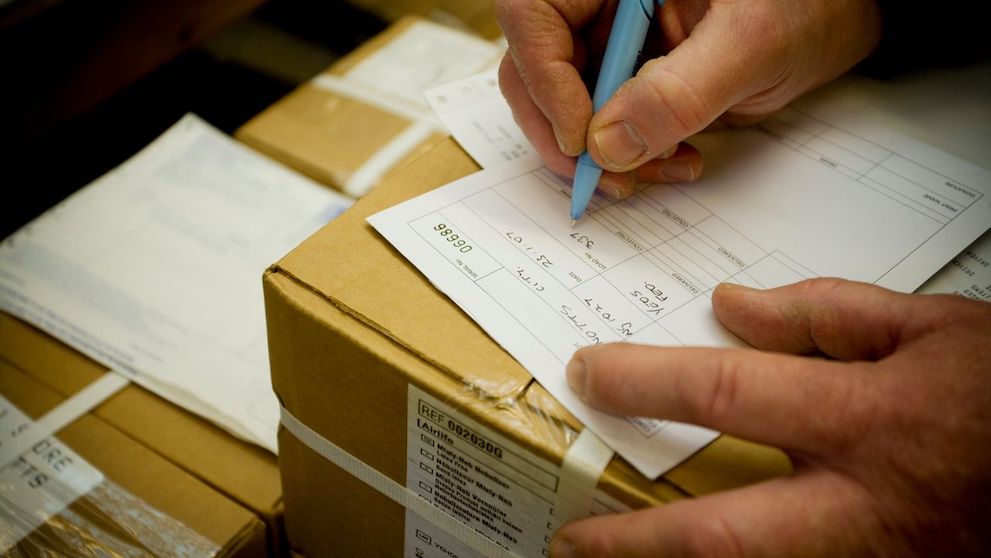Singapore, a global trade hub known for its efficiency and strategic location, presents significant opportunities for businesses looking to expand into the Asia Pacific market. However, to navigate this dynamic environment, a solid understanding of Singapore’s import tax regulations is crucial.
This guide provides an overview of the key aspects of Singapore's import tax system, helping businesses understand their obligations and ensure smooth and compliant import-export operations. Let’s explore the Goods and Services Tax (GST), customs duties, and how DHL Express can help streamline your international shipping.
Understanding Singapore’s Goods and Services Tax (GST)
Singapore's Goods and Services Tax (GST) is a broad-based consumption tax levied on most goods and services supplied in Singapore, as well as on imported goods. It's crucial to understand how Singapore's GST on imported goods applies to your shipments.
The current GST rate in Singapore is 9%1. This came into effect on 1 January 2024, following a phased increase. It applies to all goods imported into Singapore, regardless of their value. However, GST is calculated on the value of the imported goods, which includes the Cost, Insurance, and Freight (CIF) value, plus any applicable customs duties.
In the case of non-dutiable goods, GST will be based on the CIF value, along with any commission and incidental charges, even if they’re not included in the invoice.
It's also worth noting that not all supplies are treated the same under GST. These exempted supplies include:
- Financial services
- Digital payment tokens
- Sale and lease of unfurnished residential properties
- Importation and local supply of investment precious metals.
Exported goods and international services are zero-rated. Similarly, out-of-scope supplies are non-taxable as they fall outside the definition of a supply in Singapore2.
Customs duties and excise taxes
On top of GST, some imported goods in Singapore are subject to another form of import duty. Referred to as customs duties and/or excise taxes, these are specifically listed goods3, typically including:
- Intoxicating liquors
- Tobacco products
- Motor vehicles
- Petroleum products and/or biodiesel blends
Excise taxes are levied on goods manufactured in or imported into Singapore. These customs duties are calculated based on ad valorem or specific rates, whereby imported goods are taxed according to a percentage of the total shipment value or specified amount per unit of weight or other quantity.
It's important to classify your goods correctly using the Harmonized System (HS) code to determine if any duties or excise taxes apply to your shipment.
How to calculate import duties and taxes in Singapore
To determine the total tax on imported goods in Singapore, follow these steps:
- Determine if customs duty applies
- Identify the correct HS code for your goods.
- Check if the goods are subject to duty according to the Singapore Customs Tariff.
- Calculate customs duty (if applicable)
- If duty applies, multiply the CIF value of your goods by the applicable duty rate.
- Calculate Goods and Services Tax (GST)
- Add the CIF value of your goods to any calculated customs duty.
- Multiply the result by the current GST rate (9%).
Here’s an example:
Let's say you're importing goods with a CIF value of S$1,000. The customs duty rate is 5%, and the GST rate is 9%.
- Customs duty: S$1,000 x 0.05 = S$50
- GST: (S$1,000 + S$50) x 0.09 = S$94.50
Total import taxes: S$50 + S$84 = S$144.50
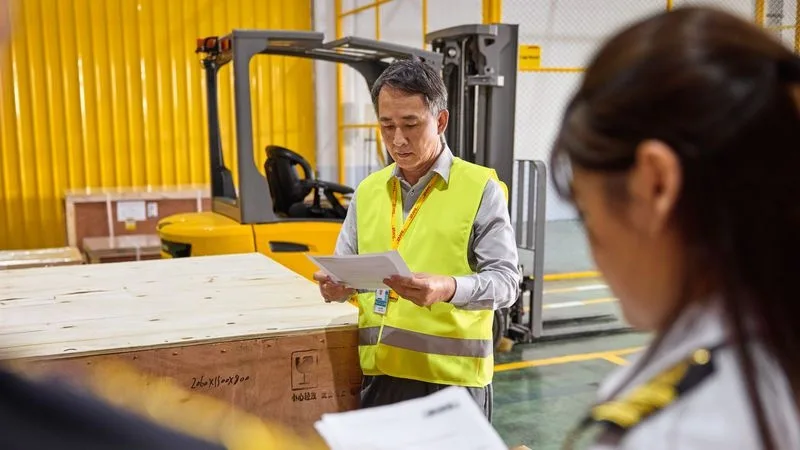
How to pay for Singapore import taxes
Businesses can pay for import taxes through several convenient payment methods, which can vary depending on the mode of shipping. For postal shipments, tax payments can be made in person at the Immigration and Checkpoints Authority (ICA) counter in Singapore. However, for other shipping methods, businesses may need to register an importer account and link it to an Interbank GIRO (IBG) account, usually with a local bank. All import taxes and duty payments are then debited from this account.
Visiting Singapore in person to handle customs duty payment can be inconvenient or even impossible for many businesses. Fortunately, many international logistics companies, such as DHL Express, offer services to handle customs clearance and the payment of these taxes on imported goods on behalf of their customers in Singapore.
How to avoid common import tax mistakes
To ensure smooth customs clearance and avoid unexpected costs, be aware of these common tax mistakes:
- Inaccurate valuation: Always declare the true value of your goods. Under-declaring can lead to penalties and delays.
- Incorrect HS codes: Using the wrong HS code may result in incorrect duty calculations and potential fines.
- Missing documentation: Providing all required shipping documents is crucial. Incomplete or inaccurate documentation can be a major cause of delays.
- Failure to register for GST (if required): If your business exceeds the GST registration threshold, you must register with the Inland Revenue Authority of Singapore (IRAS).
DHL Express: Your customs clearance partner
Navigating Singapore's import tax regulations can be complex, but DHL Express is ready to assist. Their expertise in customs clearance and international shipping services ensures your shipments comply with all requirements, minimizing delays and ensuring a smooth delivery experience.
With comprehensive customs brokerage and export services, DHL Express handles the entire customs clearance process on your behalf, ensuring accurate documentation and regulatory compliance. They also provide duty and tax prepayment options, enabling expedited release of your shipment and avoiding potential storage fees.
Streamline your shipments to Singapore with expert guidance
Understanding Singapore's import tax landscape is essential for businesses engaged in international trade with this key market. By familiarizing yourself with GST regulations, customs duties, and best practices for documentation, you can minimize delays and ensure a smooth flow of goods.
DHL Express stands ready to be your reliable partner in navigating these complexities. With expertise in customs clearance and comprehensive logistics solutions, DHL can streamline your import processes, freeing you to focus on your core business operations.
Ready to simplify your shipments to Singapore? Open a DHL Express business account today and experience the difference that expert support can make.

















